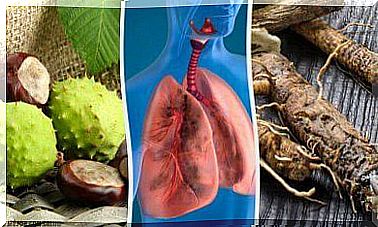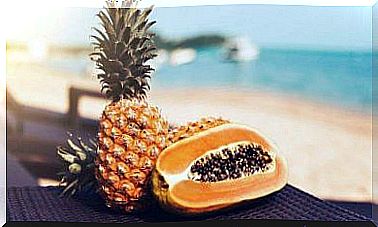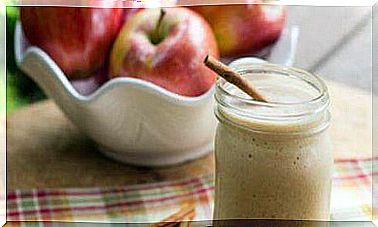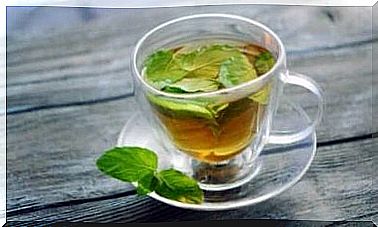How To Make Meat Without Losing Its Juiciness
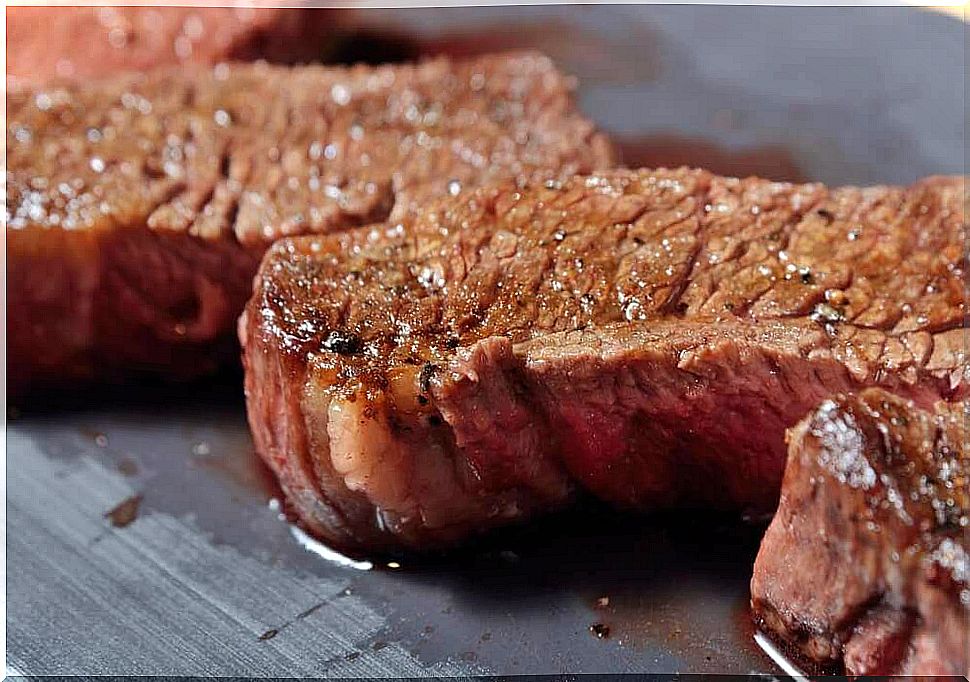
When you cook meat, it loses moisture and shrinks to half its original size! When it looks fried or roasted, it begins to remove those liquids that give it a pleasant texture and intense flavor.
Why does meat release liquid when fried?
You’ve probably heard many times that the human body is made up of about 70% water. The meat you use for cooking, like the meat of any mammal, contains the same amount of water.
Of course, not all types of meat have the same amount of water and it is also true that the meat of younger animals contains more water. Because of this, younger meat is usually juicier and much more prized in the kitchen.
When it comes to making meat, you need to take a few precautions to prevent it from losing water from the muscle and protein fibers, which is the gray-brown liquid that comes with making meat.
Avoid accumulating liquid in the pan
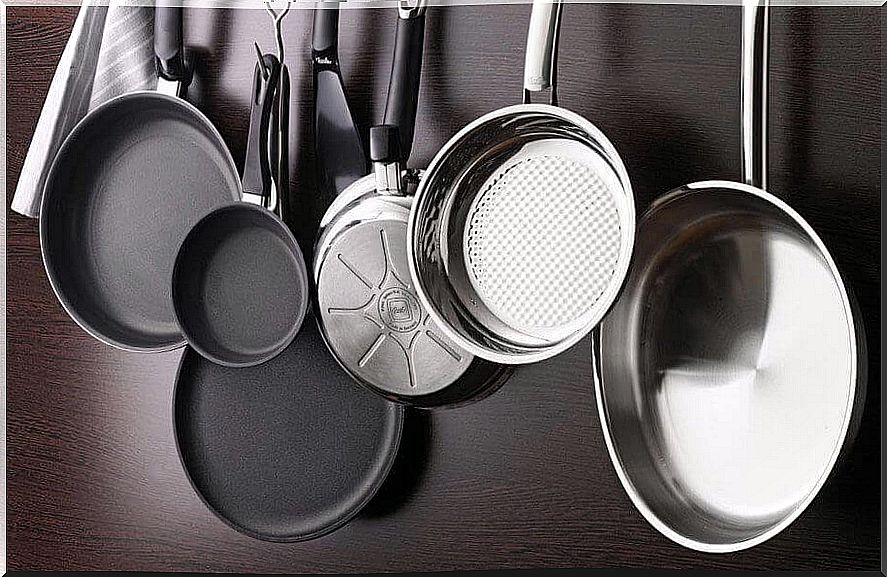
When you place the meat in a hot pan, the temperature of the pan is set to maintain the temperature balance of the meat.
As the meat warms up, the muscle fibers begin to contract just as if you were squeezing a wet sponge and the water begins to flow out. If your pan is unable to keep the temperature high enough to immediately evaporate this liquid, it will accumulate in the pan.
The temperature of that liquid remains high, almost at the boiling point of the water, and does not get higher until all the water has evaporated. While this happens, the meat continues to lose moisture when finished and eventually becomes completely dry.
If you wait for all the water to evaporate, the temperature will rise again and the result will be tough meat with a beautiful, golden look.
How meat is prepared to keep it juicy
Now that you know what’s really going on, it’s easy to take some precautions to prevent meat from losing its moisture. These include:
- Whenever possible, try to take the meat out of the refrigerator shortly before frying it. Just a few minutes is enough for summer time, while in winter it can take up to an hour. When you put the meat in a hot pan, the temperature difference will be as small as possible.
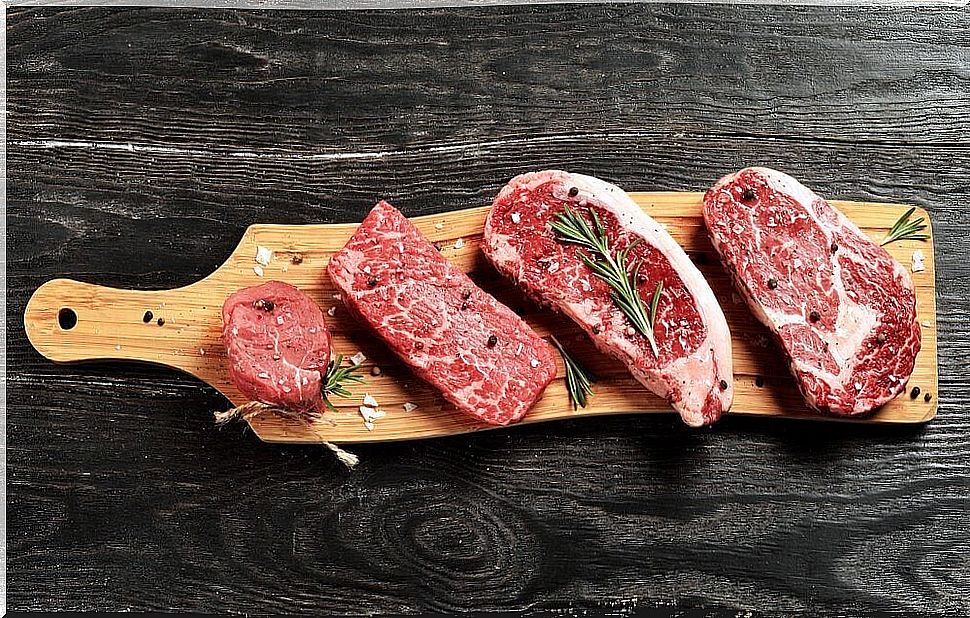
- Dry the meat really well with moisture-absorbent paper before frying, and never rinse it under cold tap water.
- When preparing fillets or small pieces of meat, never salt them before frying. It causes the meat to release the liquid in advance, as the salt acts as a drying factor. That is exactly the reason why salt was traditionally used to preserve food.
Use the right tools for cooking
Make sure you have a large pan and high heat when cooking. It helps you keep the temperature high enough. Of course, this advice can be negatively impressive if you use a large frying pan and fill it with several pieces of meat!
The thicker the pan, the better it retains heat. This means that it is more effective in evaporating the gray liquid. Your muscle will turn brown on the outside and will stop releasing all the water once the surface is condensed.
These tips will help make meat cooking more efficient without losing its juiciness or ruining your dinner. Your food will have the perfect texture and flavor. Your meat will be finished just the right way and everyone on the table will love it.
